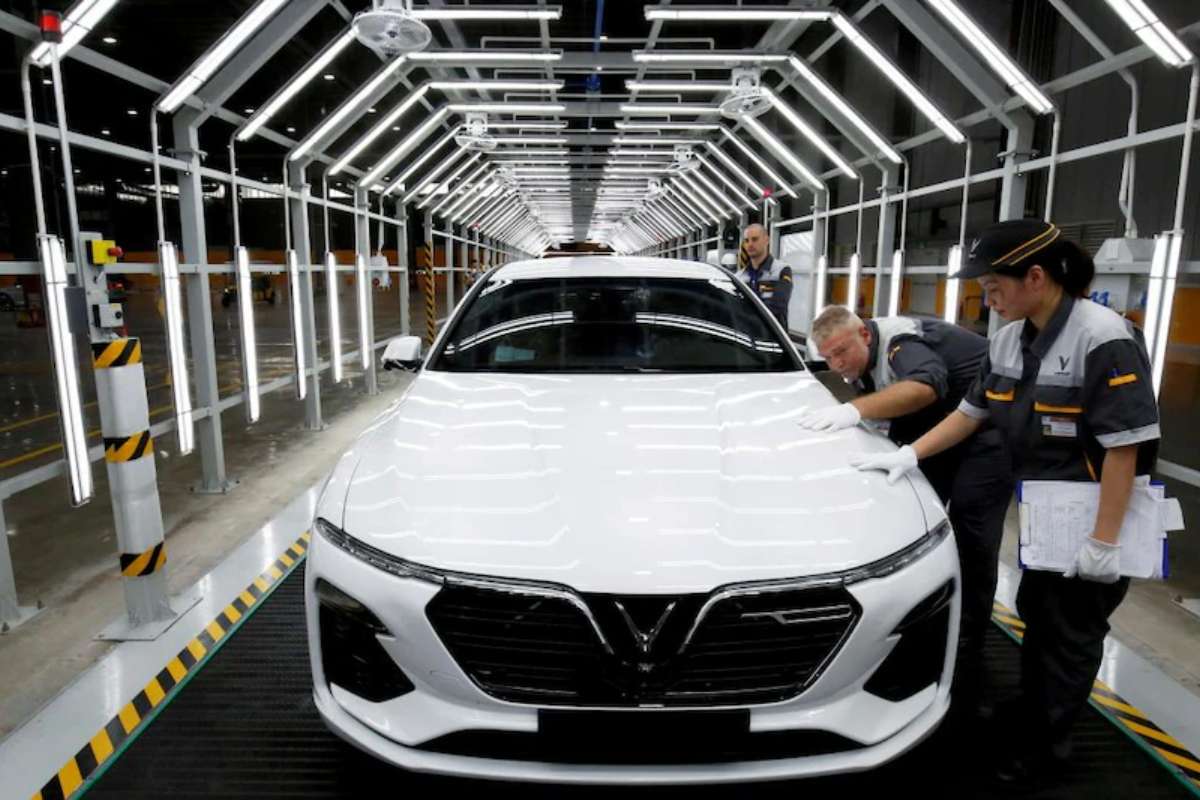In a notable rebound from January’s decline, retail spending in the United States showed promising growth last month, primarily fueled by increased expenditure on gasoline prices . The Commerce Department’s report on Thursday revealed a 0.6% rise in retail sales across various platforms including brick-and-mortar stores, online platforms, and restaurants. This uptick comes as a welcome relief after January’s revised 1.1% downturn, although it fell slightly short of economists’ projections. The figures, adjusted for seasonal fluctuations but not inflation, suggest a resilient consumer spending landscape despite various economic factors at play. Notably, gasoline station sales witnessed a notable 0.9% rise from January.
Sector-Wise Performance and Influencing Factors of Gasoline Prices
The resurgence in retail sales encompassed various sectors, with home improvement stores experiencing the most significant surge at 2.2%, followed by a 1.8% increase in car sales, and a 1.5% uptick in electronics and appliances purchases. Notably, gasoline station sales witnessed a notable 0.9% rise from January, reflecting the impact of higher Gasoline prices on consumer spending patterns. However, certain sectors experienced declines, notably furniture sales, which dipped by 1.1%, along with decreases in grocery store sales, clothing retailers, and online purchases during February. In a notable rebound from January’s decline, retail spending in the United States showed promising growth last month, primarily fueled by increased expenditure on gasoline. The Commerce Department’s report on Thursday revealed a 0.6% rise in retail sales across various platforms including brick-and-mortar stores, online platforms, and restaurants.
Future Outlook and Economic Considerations
Despite the current resilience in consumer spending, economists remain cautiously optimistic about the future trajectory, citing potential headwinds such as anticipated interest rate hikes and diminishing pandemic-related savings. While the robust labor market continues to support consumer confidence and spending, concerns loom regarding the sustained impact of inflation and tightening job market conditions. Robert Frick, corporate economist at Navy Federal Credit Union, highlighted the possibility of consumers exercising caution amidst inflationary pressures and job market uncertainties. Nonetheless, Frick emphasized the enduring resilience of the American consumer, noting that retail spending remains above pre-pandemic levels, signaling a continued trajectory of economic recovery.
As the economy navigates through evolving dynamics, the trajectory of retail spending will likely remain a crucial barometer of consumer sentiment and economic health. While challenges persist, including inflationary pressures and potential interest rate adjustments, the underlying strength of the labor market and consumer resilience offer grounds for cautious optimism in the months ahead.
Curious to learn more? Explore this News on: Mr. Business Magazine








